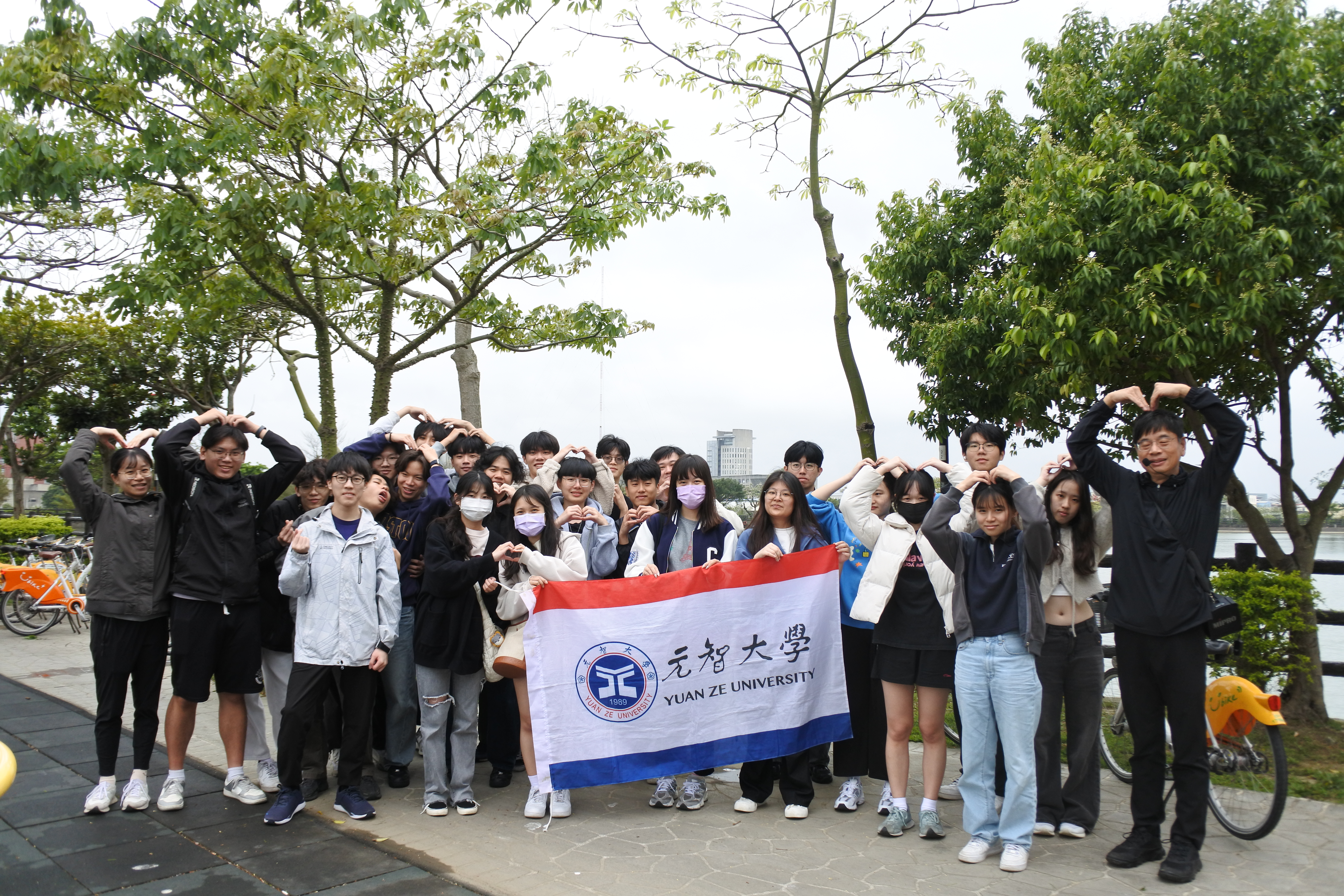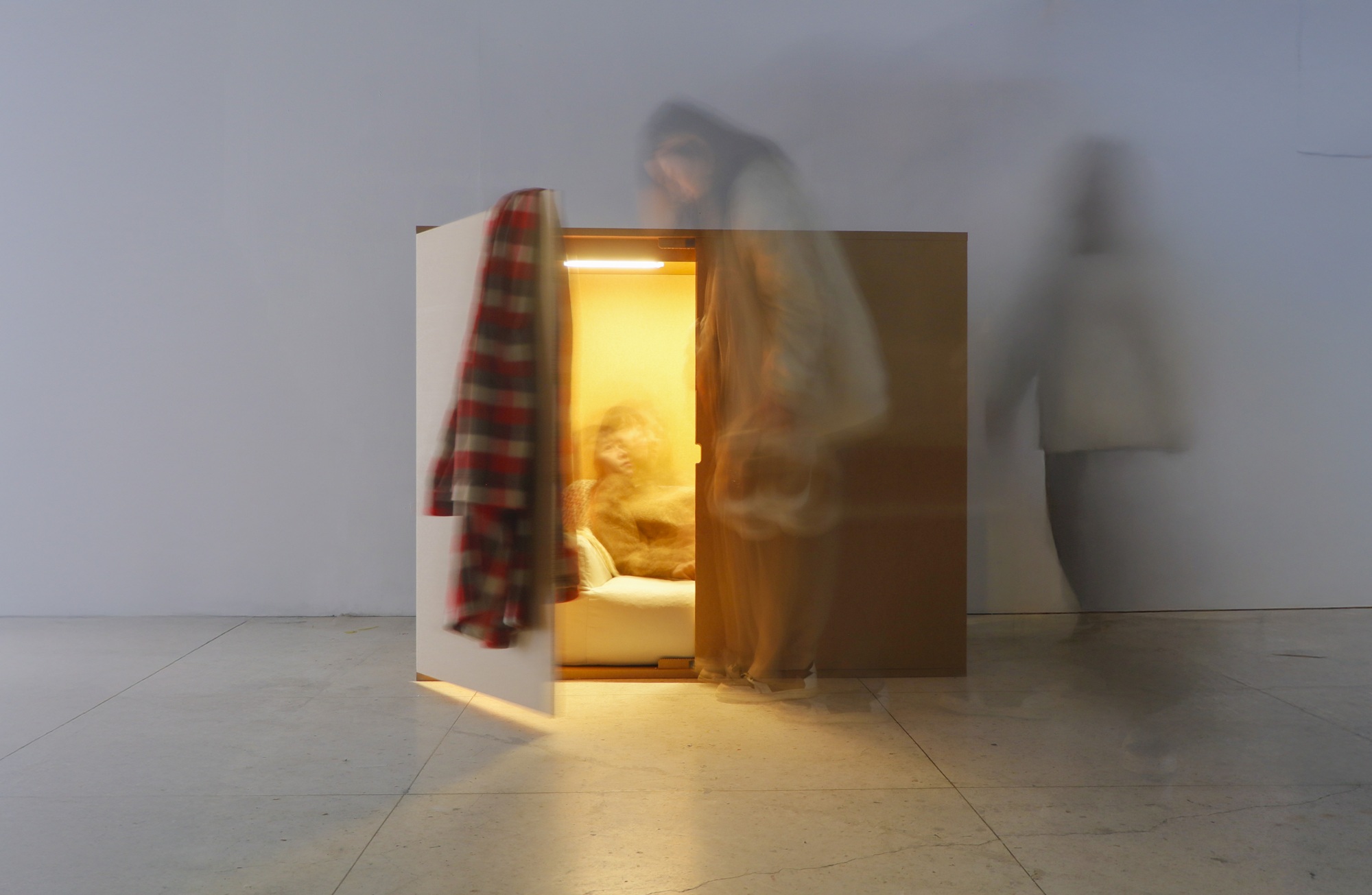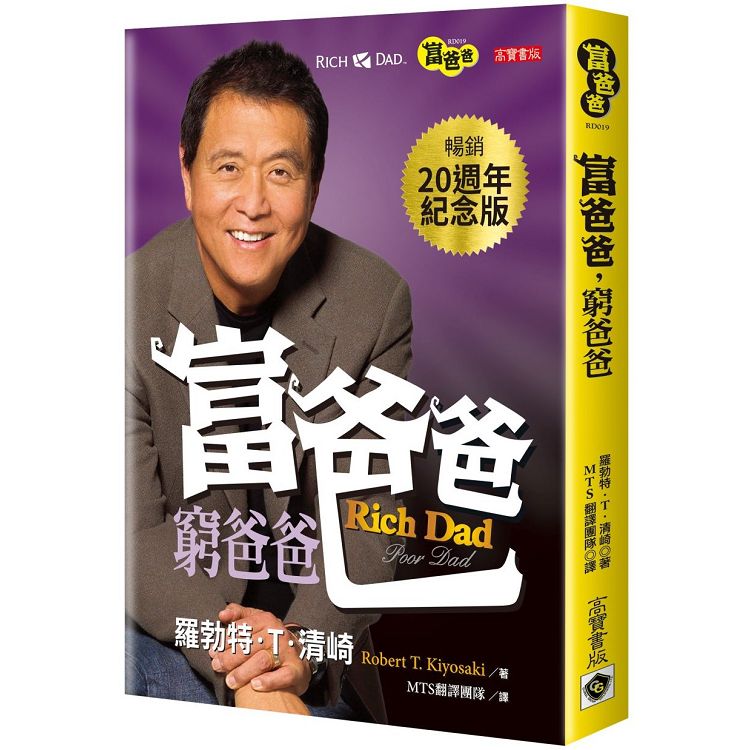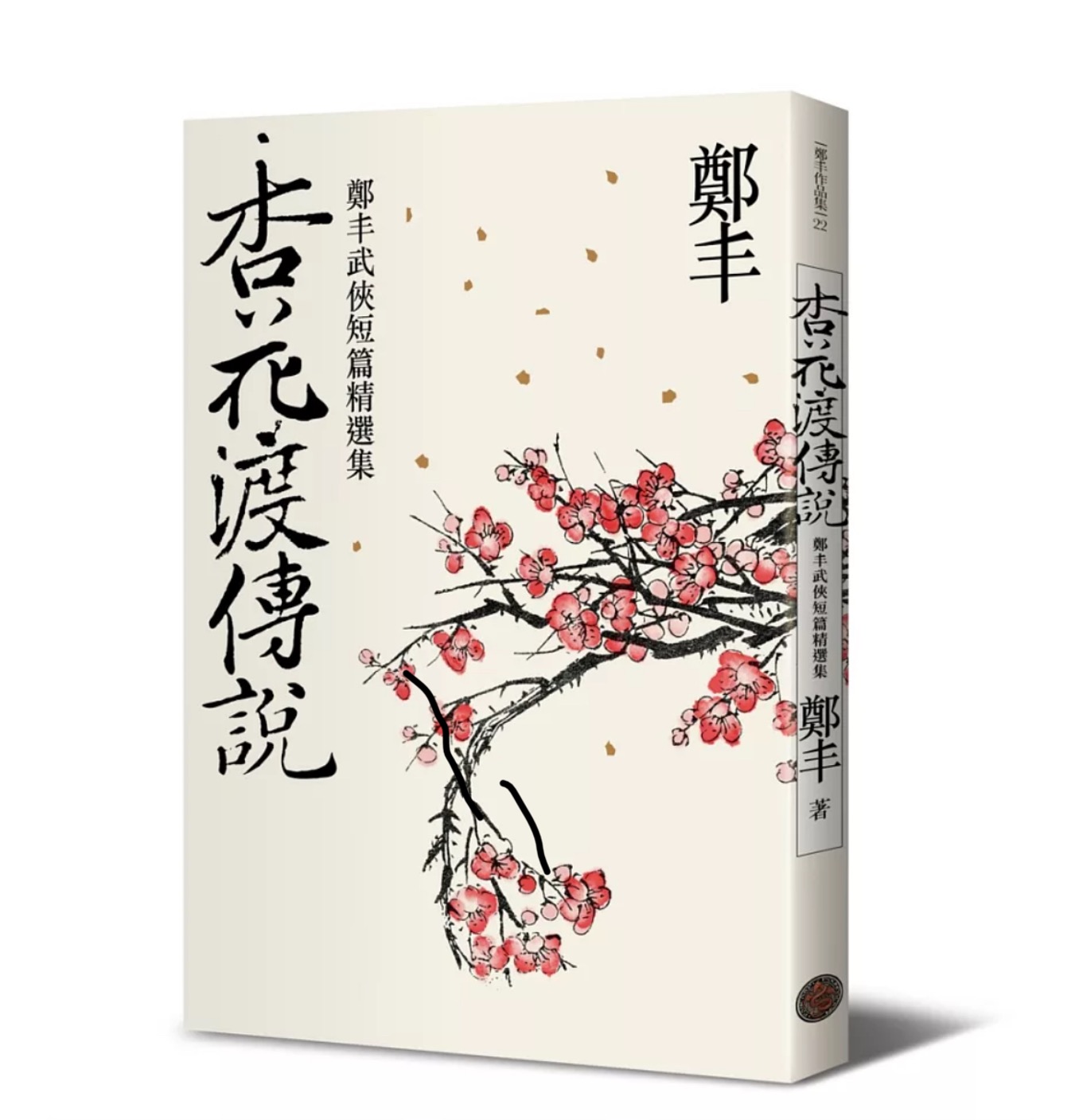To encourage students to step outside the classroom and engage firsthand with local culture, the College of General Studies at Yuan Ze University organized a meaningful local cultural tour on March 28.
The event was led by Professor Lin Wei-Shu, who guided students on a bicycle exploration around the university’s surrounding area, offering an in-depth look at local architecture and historical sites—an enriching journey of discovery.
The first stop was Hongfu Temple, located adjacent to the university. This temple is dedicated to Guangze Zunwang and embodies deep Hakka cultural and religious significance, having long protected the well-being of residents. Beside the temple flows the Puxin Creek, which not only serves as a vital water source for the campus but also stands as a witness to the area's historical development and transformation over time.
Despite the day’s inclement weather and the creek’s rapid flow, Professor Lin safely guided the students to observe from a distance the remnants of the Taoyuan Irrigation Canal built during the Japanese colonial era. He explained its role as a crucial infrastructure for irrigation and disaster prevention, emphasizing its profound influence on Taiwan’s agricultural development and water resource management. The canal remains a key testament to the prosperity of the Taoyuan Plain's agricultural legacy.
The final stop was the picturesque Jiadong Pond. Professor Lin shared that it was originally named “Duck Shop Pond” due to a duck shop that once stood nearby, later renamed to reflect the local administrative district, Jiadong. From June to August, the area becomes a sea of blooming flowers, offering a scenic view of Yuan Ze University in the distance. Today, it serves as a cherished spot for residents to relax and take strolls.
This guided tour not only deepened students’ understanding of the cultural and natural landscapes surrounding Yuan Ze University but also fostered a stronger emotional connection and sense of identity with the land. Through experiential learning, culture became more than just textbook knowledge—it transformed into a vivid and meaningful part of everyday life.

 English
English  正體中文
正體中文 



